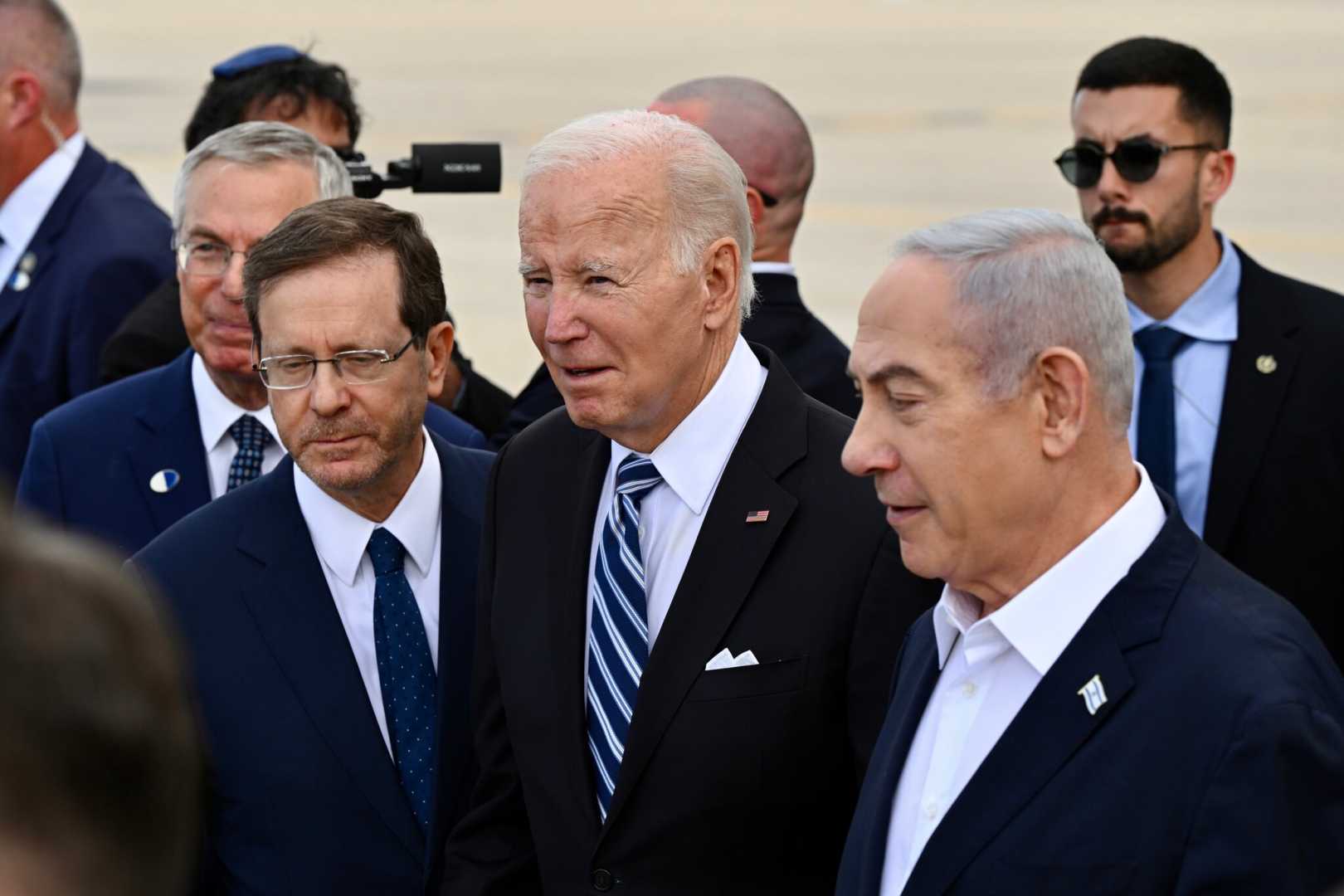World
Escalation in Middle East: Strain on Israel-US Relations Amid Rising Tensions with Hezbollah

The ongoing conflict in the Middle East has seen an intensification in hostilities, particularly surrounding Israeli actions in Lebanon and Syria, as well as its strained relationship with the United States. These developments include significant cross-border strikes, casualties, and diplomatic tensions as reported by multiple credible sources.
According to the Lebanese National News Agency, Israeli forces have continued their airstrikes in southern Beirut, particularly targeting areas such as Burj al-Barajneh. The strikes have devastated several buildings, prompting widescale evacuations from neighborhoods accused by Israel of hosting Hezbollah interests. The Lebanese health ministry reports 36 fatalities in the last 24 hours due to these strikes, bringing the total death toll in Lebanon to over 2,000 since the recent escalation began in October 2023.
In Syria, the Syrian defense ministry confirmed that an Israeli strike on a residential building in Damascus resulted in seven civilian deaths, including women and children. The building, located in the Mazzeh neighborhood, was damaged significantly, with survivors still being sought in the debris.
In response to escalating tensions, Israeli Prime Minister Benjamin Netanyahu has resisted diplomatic engagement with U.S. President Joe Biden, demanding preconditions for discussions regarding Israel’s strategic response to recent escalations, particularly regarding retaliatory measures against Iran. Reports indicate that Netanyahu blocked Israeli Defense Minister Yoav Gallant from travelling to Washington for a planned meeting with U.S. Defense Secretary Lloyd Austin. The Israeli Prime Minister has insisted that President Biden needs to communicate directly with him and agree on a response strategy before any further diplomatic meetings.
The situation has also intensified along the Israel-Lebanon border, with around 15,000 Israeli troops reportedly engaged along the border. This military engagement, termed as ‘Operation Northern Arrows’, involves concerted efforts to dismantle Hezbollah‘s military infrastructure along the disputed blue line. Israeli Defense Forces (IDF) have conducted significant ground and aerial operations in the region, with casualties reported on both sides. Israeli official statements have noted strikes on Hezbollah’s command centers, reportedly killing senior members of the organization.
Hezbollah’s acting secretary general, Naim Qassem, in a defiant speech, asserted the group’s military capabilities remain intact despite the Israeli offensive. The conflict has escalated to a level where civilian casualties and displacement have reached catastrophic numbers. The UN and humanitarian organizations have continuously called for negotiated peace talks to curb further escalation.
The international dimension of this conflict is underscored by the strategic concerns of global powers like the United States, who are involved in diplomatic discussions regarding containment and potential repercussions. Regional dynamics further complicate these issues, given Iran’s backing of Hezbollah and the broader implications for regional security.












